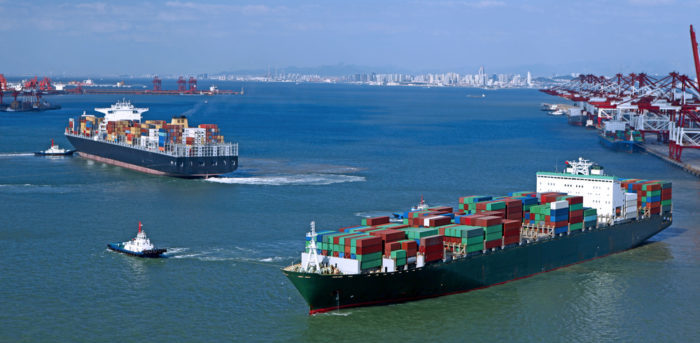As 2018 has ended, Klaus Lysdal, Vice President of Operations, iContainers, speaks about the main challenges of the previous year and what we can expect for 2019. Klaus Lysdal said that the trade between the US and China affected the shipping industry significantly, something that is possible to happen again this year.
Commenting about the trade, Klaus Lysdal mentions that was not a surprise that Transpacific inbound cargo achieved new record levels last year, but that was certainly not the intention. Namely, many companies were hurt because they did not have the time to source their products from vendors outside of China.
[smlsubform prepend=”GET THE SAFETY4SEA IN YOUR INBOX!” showname=false emailtxt=”” emailholder=”Enter your email address” showsubmit=true submittxt=”Submit” jsthanks=false thankyou=”Thank you for subscribing to our mailing list”]
However, Lysdal expects the trade war to continue in 2019. This will affect many sectors, while it will be interesting to see what happens with Brexit as well, which could raise new challenges.
Moreover, 2019 will be a transition year as the shipping industry prepares for IMO 2020 regulations.
Usually, we see a number of different approaches from one carrier to another when there are major regulatory changes happening. So far, it looks like the same pattern is unveiling as everyone tries to put their plans into action
Regarding the main factor affecting capacity in 2019, trade war will play a significant role. But Lysdal believes that a solution will be found and the market will return to normal.
As for automation, Klaus Lysdal says that we are far from complete autonomous ships. The world will see more automation, but it will be small pieces of the chain. The matter is how can companies automate their processes.
But there is more automation coming. Whether it’s at the terminals, the carriers, warehouses, truckers or freight forwarders, it is happening. But more on company basis working with what’s currently feasible for the given company




























































